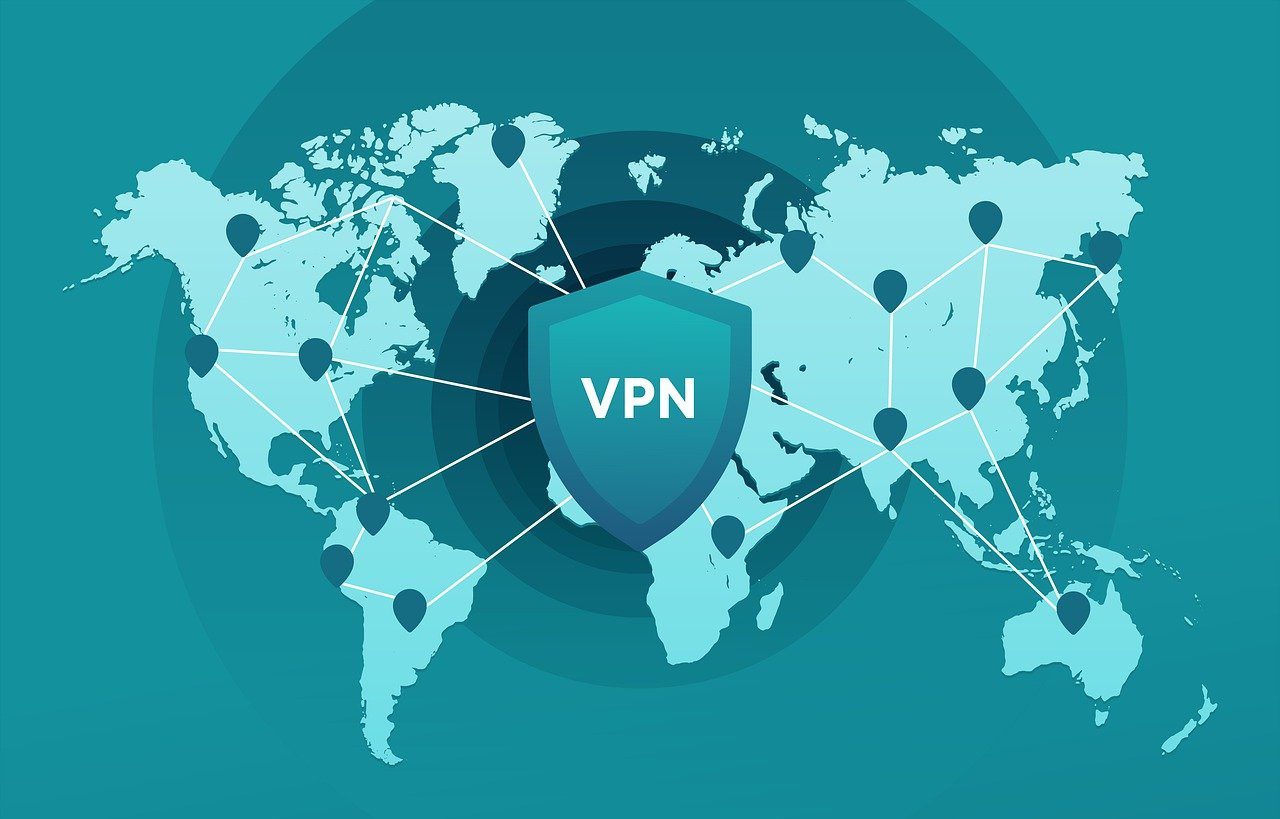
While cybercriminals and hacker gangs like REvil and Maze are becoming everyday concerns, you are far from powerless when it comes to safely navigating the Internet.
One thing you can do is connect to a Virtual Private Network (VPN), where you can browse the Internet while protected by a secure server. It’s a great way to keep your data and your identity safe from computer viruses, not to mention those who create them. Read on to find out why.
VPNs Make Your Data Basically Impenetrable
VPNs offer you a secure Internet connection by encrypting the data you send out, like clicking on a website icon, as well as the data you receive, such as a handful of fresh emails in your inbox. To put it plainly, they scramble your data into gobbledygook before darting it off to the appropriate recipient.
If you have any lingering doubts about your VPN’s security capabilities, pair it with an antivirus program with real-time endpoint protection that can remove malicious software before it has a chance to act.
Leading lights in the antivirus industry like Malwarebytes offer their customers a VPN with 256-bit encryption, which is about as heavy-duty as cybersecurity can get. In other words, a hacker would have to decipher a 256-character password to decrypt your data in the few seconds it takes to arrive at its destination: there’s no such thing as 100 percent safety on the Internet, but the likelihood of this happening is about as close to none as modern technology allows.
VPNs Turn You Into an Online Globetrotter
VPNs often have servers in multiple countries. If you log in to one, your endpoint will appear to be coming online from wherever it’s located, even if it’s halfway across the world.
That means that you can keep cybercriminals guessing as to your connection’s exact location. This is a go-to feature if you’re conducting an important business deal or downloading sensitive information and need your privacy ensured.
If your VPN offers it, you should also take advantage of any feature that lets you periodically change servers for added protection. That way, you’ll get hackers off your trail by establishing Internet connections all over the globe.
VPNs Shroud Your Browsing History in Secrecy
When you go online through a VPN, you enjoy the benefits of navigating under a virtual Internet Protocol (IP) address. An IP address is simply a numerical label that identifies a computer connected to the Internet. A virtual IP address is an IP address that isn’t actually attached to any physical device.
In this way, websites and adware programs won’t be able to track your browsing history and slow your system down with targeted ads. Under the disguise of a virtual IP address, your VPN helps to defend your right to lead a safe and secure online life.
It’s clear that browsing the Internet using the right VPN is an essential step toward reliable cybersecurity. Once you realize you don’t have to worry about your information falling into the wrong hands, you’ll never want to surf the web any other way.